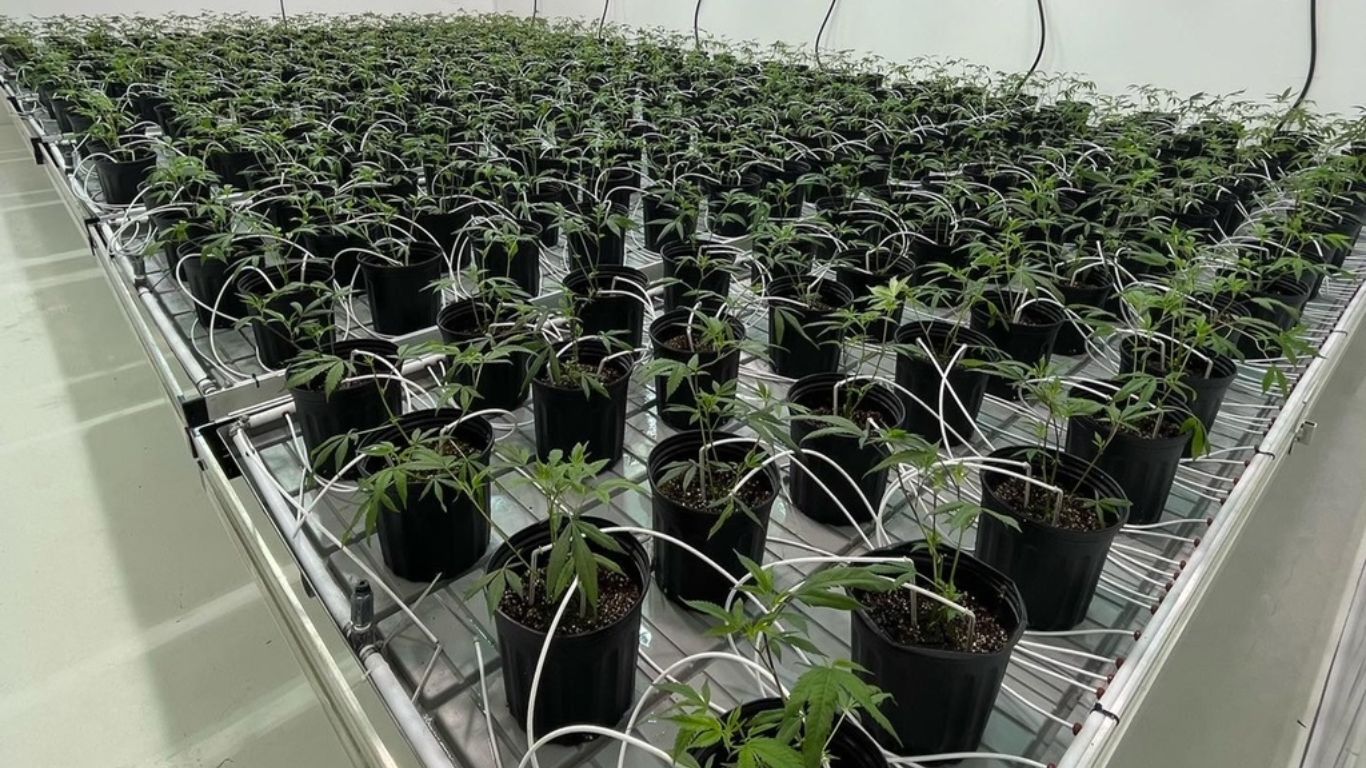
Prime Minister Justin Trudeau spoke of the easy transition Canada took into a legal market in an interview with the host of a French show on cannabis and cannabis laws around the world.
The Prime Minister’s comments spoke of the rather un-exciting nature of legalization in Canada, a reflection of the lack of any significant societal changes caused by taking the historic step to be the first G7 nation in the world to legalize cannabis.
This was not surprising, Trudeau tells the interviewer, as Canadians were already consuming cannabis, a drug he says is significantly safer than another legal, regulated product: alcohol.
“People watched with interest what we were doing. The other ‘downside’ is that there is still work to be done, but there is nothing that would be negative enough to even say that we should not have done it.”
Prime Minister Justin Trudeau
The only major changes, he says, are that there is now less pressure on the justice system since people, especially minorities, are not being targeted for cannabis possession anymore, and that Canadian adults now have a safer, regulated source for cannabis rather than relying on the illicit market.
One issue Trudeau says he did have concerns about was if legalizing would put Canada at odds with international treaties, something many Conservatives raised as a serious concern in their opposition to legalization as the bill was being debated in 2017 and 2018.
But those fears were also unfounded, Trudeau says, and instead, the international community has been watching and learning from Canada’s trail-blazing approach.
“The only downside that worried us a lot was that it was going to put us outside of certain international treaties on the fight against drugs,” said Trudeau (translated). “We said to ourselves: ‘Are people going to punish Canada because we are not aligned with the treaties?’ Nobody talked to us about that. People watched with interest what we were doing. The other ‘downside’ is that there is still work to be done, but there is nothing that would be negative enough to even say that we should not have done it.”
The Conservatives in the House were beating the drum around home growing specifically, with some incredibly outrageous comments and stunts over the last few months of debate, including the reading of a poem, the comparison of home-grow with ‘fentanyl on the shelf,’ the claim that four cannabis plants can produce 4,800 grams of cannabis, the claim that kids will use toasters to heat cannabis leaves, and the constant and ever-present concern of kids being around cannabis plants.
Marylyn Gladu, then the Conservative health critic, said it was ridiculous and irresponsible for the government to put Canada in breach of these international treaties in 2017.
“I think it’s completely unacceptable that the Liberal government, by choosing an arbitrary implementation date, would put us in a position where Canada would breach three treaties that may jeopardize trade deals that are dependent on us complying to them. I think that’s ridiculous. It’s naive to think that we could have any kind of integrity on the world stage by violating the treaties. I think “principled non-compliance” was the term used. This is ridiculous. We are always calling out other countries that don’t abide by the treaties they’ve signed with the UN. We will lose that ability if we don’t address this situation. I think this is completely irresponsible.”
Conservative MP Lenn Webber shared similar sentiments in the same meeting.
“I think it’s absolutely unacceptable that we are violating UN treaties to pursue the legalization of marijuana in this country,” said Webber. “I don’t know what the Liberal government is going to do, whether they’re going to either withdraw from the treaties or just violate the treaties. I would like to know from that government what they plan on doing.”
In the same meeting, however, Steven Rolls, a senior policy analyst at Transform Drug Policy Foundation in the UK who was called an expert witness on the subject, said the issue was being exaggerated.
“I think there’s a little bit of over-dramatization here, that somehow the whole system would cave in if you move into a technical non-compliance for a period, especially if you’re making a clear moral case on UN grounds based on higher UN principles, and you are clearly showing an effort to resolve the tensions that have emerged. I would caution in regard to some of this rather over-dramatizing situation. It needn’t be this terrible cataclysmic situation. You can progress things without the whole system collapsing. I just wouldn’t worry quite as much as some of the committee members seem to be doing.”












